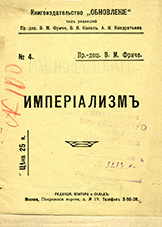
We kindly inform you that, as long as the subject affiliation of our 300.000+ articles is in progress, you might get unsufficient or no results on your third level or second level search. In this case, please broaden your search criteria.

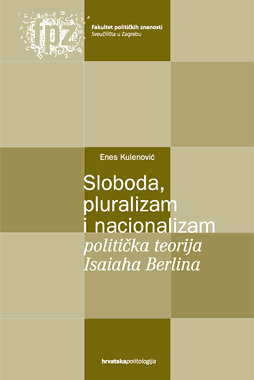
Isaiah Berlin nikada nije pokušao izložiti svoju misao kao sustavnu teoriju. Galipeau je ustvrdio kako Berlin nije sustavni mislilac, dok je Michael Walzer upozorio kako sustav jednostavno nije Berlinov stil (Galipeau, 1994, 165). Dva su razloga zbog kojih Berlin nije sebi zadao da sustavno izloži i poveže svoje glavne argumente. Prvo, kao autor bio je zaokupljen različitim temama – poviješću političkih ideja, pitanjem slobodne volje i determinizma, problemom političke slobode, temom nacionalnog i kulturnog identiteta, odnosom prosvjetiteljstva i romantizma, te vrijednosnim pluralizmom – za koje nije smatrao da ih je nužno podvesti pod zajednički nazivnik. S druge strane, nije bio sklon sveobuhvatnim teorijama koje žele objasniti sveukupnu povijest čovječanstva i sve društvene odnose. Za Berlina, takve teorije neizbježno simplificiraju kompleksnost ljudskih motiva i djelovanja, najčešće do te mjere da gube sposobnost valjano ih objasniti. To objašnjava i zašto je Berlin odabrao esej kao idealnu formu prezentiranja vlastitih ideja te stoga nije, osim rane studije o Marxu, nikada napisao knjigu.
More...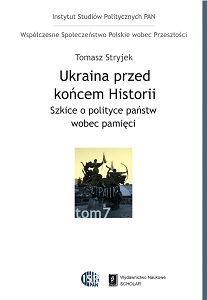
Książka zawiera eseje napisane w latach 2010–2014. Dotyczą one zajmowania się historią półwiecza od lat trzydziestych do osiemdziesiątych XX wieku przez uczestników życia publicznego w kilku państwach w Europie w okresie ich stowarzyszenia i akcesji do UE. Głównym motywem wydania ich razem było porównanie polityki wobec pamięci współczesnej Ukrainy oraz Litwy, Łotwy, Estonii (rozdział 3), Hiszpanii (5) i Chorwacji (6). Podobnie jak Ukraina, kraje te doświadczyły totalitaryzmu, wojeni/lub okupacji, a następnie, w ostatnim ćwierćwieczu XX wieku, stanęły wobec uczestnictwa w projekcie europejskim. W tej sytuacji odczuwały przeszłość zarówno jako źródło dumy, jaki brzemię, poszukiwały w niej z jednej strony symboli przydatnychdo zmagań w przyszłości, z drugiej zaś – uwolnienia od poczuciawiny. Państwa te jednocześnie budowały (lub odnawiały)swoją państwowość, wprowadzały demokrację parlamentarnąoraz podejmowały reformy gospodarczo-społeczne z zamiarem ugruntowania przemian po wejściu do UE. Pokonując trudnościi rozwiązując konflikty, ostatecznie wypracowały strategie prorozwojowe. Istotną rolę w przemianach, które stały się ich udziałem, odegrała determinacja dotychczasowych członków UE, aby przyjąć je do swego grona.
More...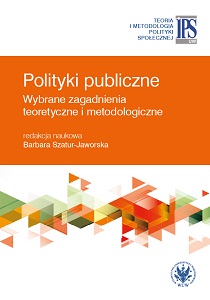
A collection of articles discussing the place and role of public policy sciences in Poland, that is systemic measures of the state intended to solve specific public problems. Interdisciplinary studies with sociological and political approach are focused on the theoretical and methodological perspectives of this field and directions of its development to date.
More...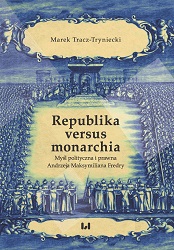
The first holistic monograph on the political and legal thought of Andrzej Maksymilian Fredro, a key Polish statesman and political writer in the mid-17th century. The book presents the main categories of Fredro’s thought by examining the tension between a republic and a monarchy, which constitutes the pivot of his reflection. This doctrinal conflict enables also to examine his economic, military and praxeological concepts. The author refers to the broad scope of Fredro’s writings and offers an original interpretation of the subject. // Pierwsza w literaturze przedmiotu monografia przedstawiająca całościowo myśl polityczno-prawną jednego z najbardziej znaczących pisarzy politycznych siedemnastowiecznej Rzeczypospolitej. Praca analizuje podstawowe kategorie myśli Andrzeja Maksymiliana Fredry przez pryzmat ustrojowej i doktrynalnej konfrontacji republiki z monarchią, ukazując również przełożenie tego konfliktu na gospodarkę, kwestie militarne i postulaty sprawnego działania. Autor w szerokim zakresie wykorzystał pisma Fredry, przedstawiając oryginalne ujęcie tematu.
More...
Moralna i politička vrednota tolerancije je središnja sastavnica liberalno demokratske političke kulture. Štoviše, stupanj zastupljenost tolerantnih praksi u javnome životu pouzdani je pokazatelj liberalne i demokratske zrelosti modernih pluralnih društava. Vrlina tolerancije ima različita teorijska utemeljenja i opravdanja. Značenja pojma tolerancije kreću se u širokom luku od pukog modus vivendi u održavanju zajedničkog životu, pa do raznovrsnih i složenih oblika priznanja vrijednosnih posebnosti društvenih skupina i pojedinaca. Jednako tako i tolerantne prakse, ovisno o različitim povijesnim i socijalnim konteksti¬ma te poljima djelovanja poprimaju različite oblike. Na toleranciju se danas pozivamo u privatnim, socijalnim i političkim odnosima.
More...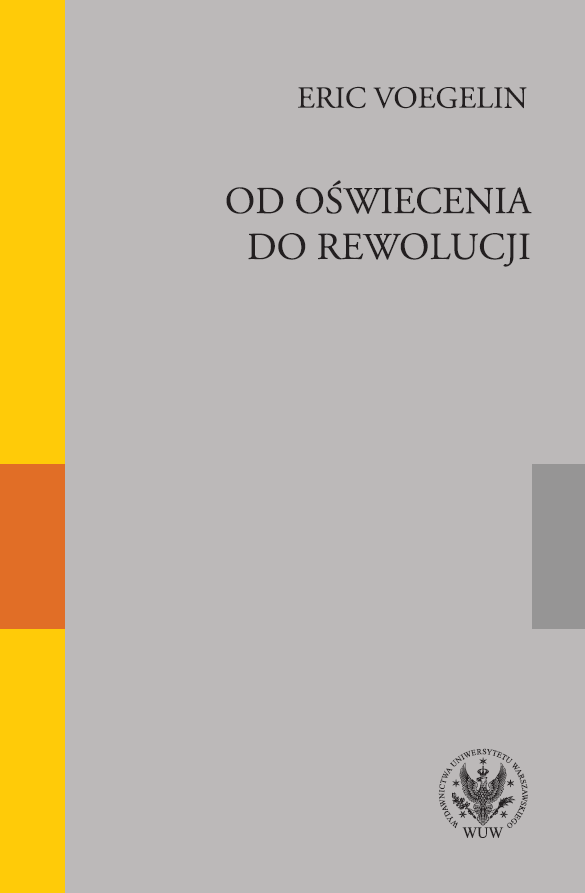
A cross section of the most important philosophical and intellectual trends from the 17th to the 20th century. Among others, the author puts together the thought of J.-B. Bossuet and the views of Voltaire, confronts the reflections of B. Pascal and Helvétius, presents the key elements of the positivist vision of A. Comte, the concepts of M. Bakunin and K. Marx. He is concerned with key 19th-century categories of political thought, such as progress or political durability.
More...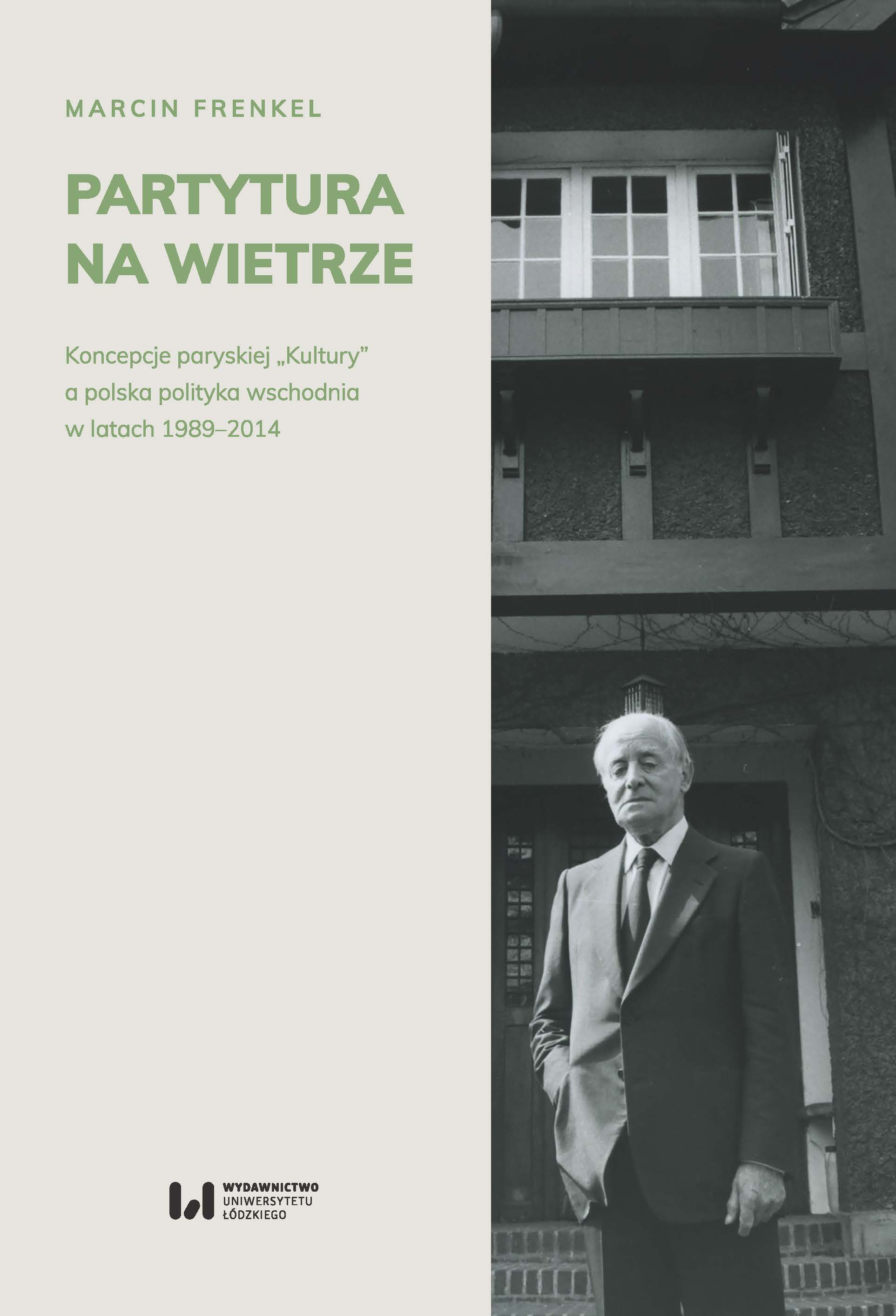
The book attempts to analyze the influence of the Parisian "Culture" magazine's (in Polish: Kultura) concepts on the Polish eastern policy from 1989 to 2014. "Kultura" was established in 1946 in Rome and soon after moved to Maisons-Laffitte, a small town in the suburbs of Paris. This magazine became the most influential Polish independent "think-tank" during the cold war era. This small group of intellectuals in exile, led by Jerzy Giedroyc, the editor-in-chief of the magazine, created a strategy - so-called "The Giedroyc Doctrine" - that later became a road map for all the successive Polish governments after the fall of communism in 1989. The "Giedroyc Doctrine" can be summarized in four crucial points: I ) supporting the independence and democratization of Ukraine, Lithuania and Belarus (ULB) and preserving post-war border lines in Europe; 2) counteracting soviet/Russian imperialism, ceasing Polish-Russian rivalry for ULB territories and creating good relations with Russian liberal/democratic parties and civic movements; 3) consolidating and rebuilding of good relations with Germany; 4) integrating Poland with political, economic and military organizations of the Euro-Atlantic world. It should be underlined that Russia has been the central point of reference for the whole idea. Recognition of the above points should neutralize the threat from Russian imperialism and build a solid foundation for Poland's future security. Analyzing the eastern policy of successive Polish governments in terms of continuing or departing from the concept of "Kultura", the author refers to the above-mentioned key postulates. The research results presented in the book prove that at the given time, all subsequent Polish governments took into account and accepted the "Giedroyc doctrine". Moreover, it should be stated that throughout the first twenty-five years of the Third Republic of Poland, its foreign policy was characterized by a high degree of continuity and attachment to the idea of the Parisian "Kultura". And this policy was the subject of cross-partisan consensus. On the other hand, at the detailed (tactical) level - going beyond the general concept of foreign policy - there were certain misunderstandings of Giedroyc's doctrine
More...
This study aimed to investigate the progress of women's empowerment through employment opportunities in Nairobi and Kakamega Counties in Kenya between 2013 and 2017. Despite the increasing policies that aim to mainstream social equity and equality, there is still a significant gap between policy commitments and practices. The study evaluated whether the implementation of devolved governance in the two counties has improved women's empowerment. The study's framework included an in-depth review of policy documents, official records, and reports from official websites to understand women's economic empowerment status in Nairobi and Kakamega. The study analyzed qualitative and quantitative data from County Integrated Development Plans and other secondary sources. Specifically, it examined compliance with the 30% gender rule, requiring women to hold at least 30% of all elective and appointive positions. The study found that Nairobi commands the largest share of formal sector wage employment in Kenya, and women's access to employment opportunities remains slightly lower than men in both counties. Despite implementing the 30% gender rule, the study revealed the need for more comprehensive policies that promote gender equality and women's economic empowerment in both Nairobi and Kakamega.
More...
The Open Balkan is the latest regional initiative in the Western Balkans (WB), firstly named as Mini-Schengen and then changed to Open Balkan Initiative (OBI), which aims to increase the regional economic cooperation among the WBs by going beyond the mere objective of creating a Common Regional Market (CRM). This paper using an analytical approach, taking into account data and information, has identified and highlighted the openly declared objectives of the OBI while comparing it with the previous Berlin Process. Also, the paper has shown that the disputes among the WB countries most inherited from the unresolved issues of the past are still present and hinder the progress towards a common future and EU membership perspective. The reactions to the OBI proved that even the creation of mere economic cooperation is hardly achieved in the case of other existing unresolved issues of the past and continues to remain open. This paper has highlighted the existence of mistrust among the WBs, the importance of increasing regional cooperation, and the role that the EU should inevitably play. The paper has concluded that to achieve the targets defined in the OBI, the WBs should enhance regional cooperation and overcome the challenges they have been facing.
More...
The article examined the impact of the decommunization policy in Ukraine on national identity formation. The objectives of the article were to determine the main reasons and consequences of decommunization in Ukraine. A historical approach to determine the causes of decommunization and justify its necessity is applied in the article. Sociological studies and expert opinions on decommunization are analyzed. Based on synthesis, analogy, and abstraction methods, the elaborated material is summarised, and the article’s conclusions are formulated. As a result, the conclusion has been drawn that decommunization could not contribute to the formation of national identity in Ukraine. The outcomes of decommunization had a positive effect only in combination with other efforts (educational process, dialogue with society, language policy). However, given Ukraine’s regional characteristics, it took time to unite the population around a shared historical memory, common symbols, and traditions. The policy of decommunization primarily contributed to the strengthening of regional identity. Moreover, improving the material well-being of Ukrainians and creating favorable conditions for living and working in Ukraine will unite the residents of all regions of Ukraine. These actions will significantly enhance the effect of decommunization in forming national identity.
More...
This study uses the theory of collective memory in international politics to examine the connection between collective memory and foreign policy to investigate why the Belt and Road Initiative has witnessed slow progress in Thailand. Qualitative data were gathered from various sources, including books, newspapers, journals, policy documents, and textbooks. The study concludes that cooperation between states is essential for achieving shared objectives but is contingent upon establishing mutual trust. Collective memories that one country maintains concerning another country can influence mutual understanding and trust, becoming ingrained even if the situation responsible for the memories changes or no longer exists. In the case of Thailand and China, the Thai government’s push for the high-speed rail project faced criticism and concerns due to the public’s deep-seated fears and distrust of China, the result of historical events and past experiences. This paper’s findings highlight the state’s role in creating collective memory and otherness, recognizing that external variables such as major power activities play a significant role.
More...
Community development is vital in networking and creating social capital. Local governments in Kosovo cooperate closely with their communities by offering public and social services, inclusivity, and social integration. This cooperation increases active citizenship, community development, social welfare, and local democracy. This paper aims to research and analyze the relationship between local governments and their communities, focusing on providing social services. The applied methodology included a quantitative survey of 300 respondents from three municipalities: Pristina, Fushe Kosove, and Obilic, targeting citizens aged 18 and above of both genders. The results show that local authorities in these municipalities offer community services and include their communities in policy-making and decision-making. While they also offer social services, community-based services should be restructured, and local authorities should pay more attention to empowering the community more comprehensively.
More...
This article aimed to provide a quantitative assessment of the impact of the Russian-Ukrainian conflict on Armenia’s foreign trade. The research problem was to analyze how the conflict influenced Armenia’s export and import patterns regarding geographical directions and product structure. The objectives were to examine the changes in trade turnover and identify shifts in geographical trade directions and trade structure. The study employed various statistical analysis tools, including dynamic series indicators, structural analysis, time series modeling, trend and moving average approximation, and extrapolation. Through these methods, the study evaluated the effects of the conflict on Armenia’s foreign trade. The key results indicated a positive impact of the conflict on trade turnover, with increased trade activity in various geographical directions. Export diversification was also observed as a result of the conflict. Notably, re-export played a significant role in the unprecedented growth of Armenia’s trade turnover during this period. In conclusion, the findings suggest that the Russian-Ukrainian conflict had a discernible influence on Armenia’s foreign trade, leading to changes in trade patterns and increased trade activity. The study highlights the importance of the re-exports role in analyzing trade dynamics.
More...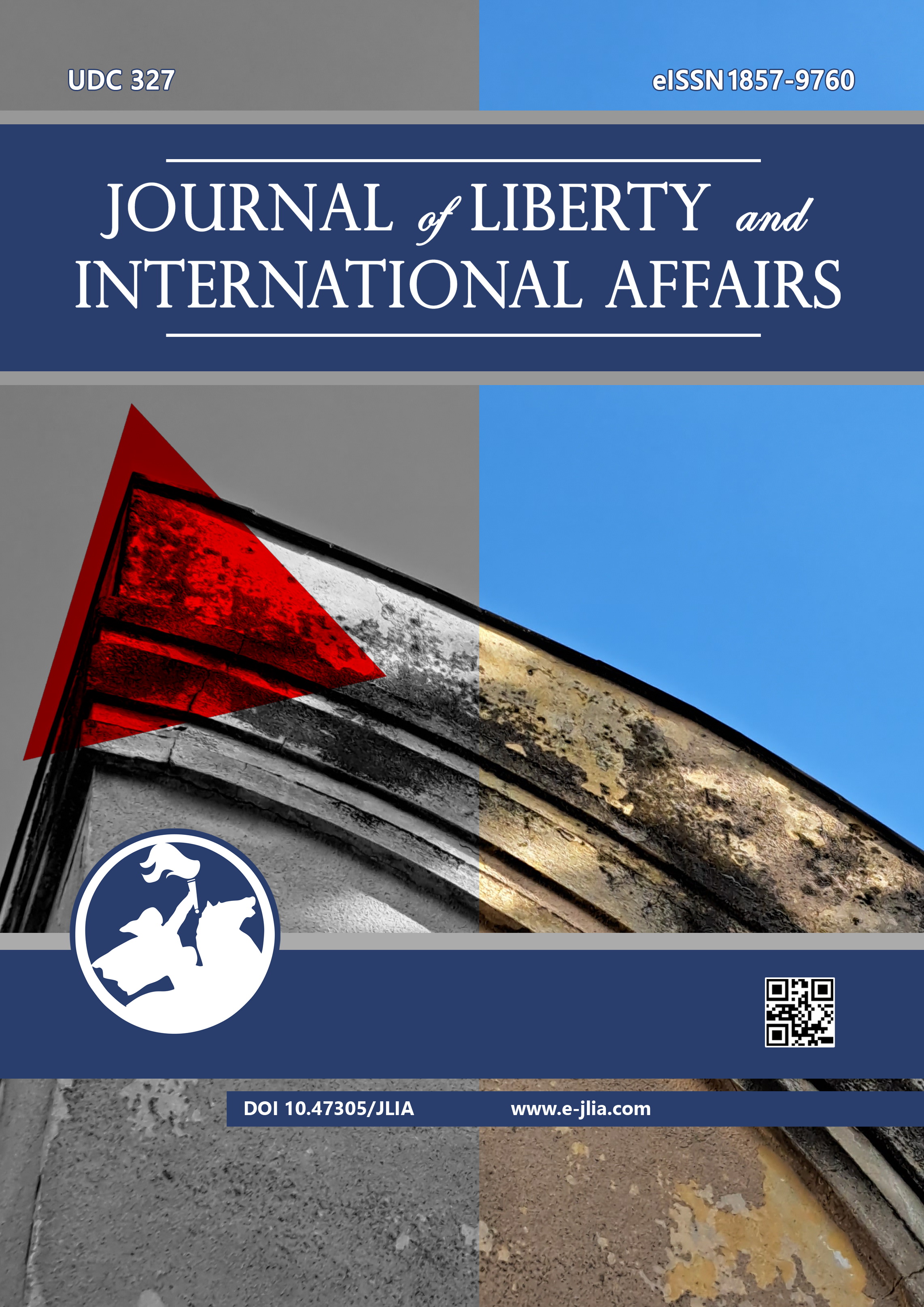
The research conducted in this article is a substantiation of the method for strategic management of the development of the Ukrainian border security environment. The essence of the method is to determine the phases for the current state and the projected period for particular sectors of the state border, depending on their inherent characteristics, further selecting the concept of border security on this basis, establishing the type of barriers and criteria for ensuring border security that are appropriate for use. Further application of the methodology involves conducting a SWOT analysis for particular sectors of the state border, which identifies the strengths and weaknesses of the internal environment, opportunities and threats inherent in the external environment, and the formation of possible strategies for ensuring border security in three variants of organizing activities (in the conditions of day-to-day activities, a complication of the situation and martial law). Based on the results of the analysis and the illustrative example, it can be concluded that the proposed method for strategic management of the development of Ukraine’s border security environment is one of the possible effective mechanisms in the activities of the subjects ensuring Ukraine’s border security.
More...
The first complete Czech translation of one of the most important texts exploring the philosophy of Confucianism. The book Mencius, together with Confucius' Analects, the Great Learning and the Doctrine of the Mean, constitute the Four Books, for many centuries a syllabus for Chinese civil service examinations. The book contains dialogues by the Master Meng or Mencius (372-289 BC) with various persons, including his disciples and rulers of the Warring States period. As a “wandering scholar”, Mencius tried to persuade them to choose the Way of ancient sage-kings in accordance with Confucian principles of humanity and righteousness. Mencius deals with various topics, including just government, proper governance, and human nature, but also comments on a few non-Confucian teachings, which he tries to eradicate with forceful arguments. The translation from Classical Chinese is accompanied by a brief introduction, bibliography and notes, which make it easier for readers who are not Sinologists to find their way into the text.
More...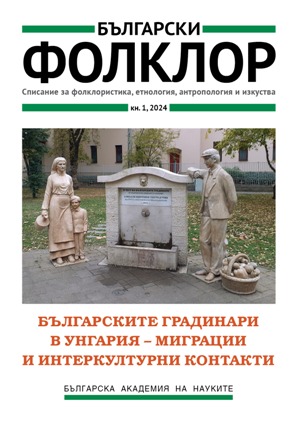
The article is dedicated to a hitherto unexplored element of the Bulgarian–Hungarian relationship from the period between the two world wars – the Hungarian popular movement (March Front), whose ideas found inspiration from the Bulgarian gardeners in Hungary. The movement that later the National Peasant Party put the “Garden Hungary” program on its banner in which the agrarian reforms and the wider civil participation of peasants in Hungarian society held a special place. Many of the elements in this program drew examples from the Bulgarian gardeners in Hungary with their specific organization of labour, collectivist spirit, and a sustainable economic model linking the land work and the new market relations at the end of the 19th and the beginning of the 20th century. In his study “Towards Garden Hungary” Imre Somogyi described in detail the techniques that Bulgarian market gardeners used in vegetable growing. In the social philosophy of László Németh, “Garden Hungary” had the meanings of a socio-economic model that could eliminate rural poverty.
More...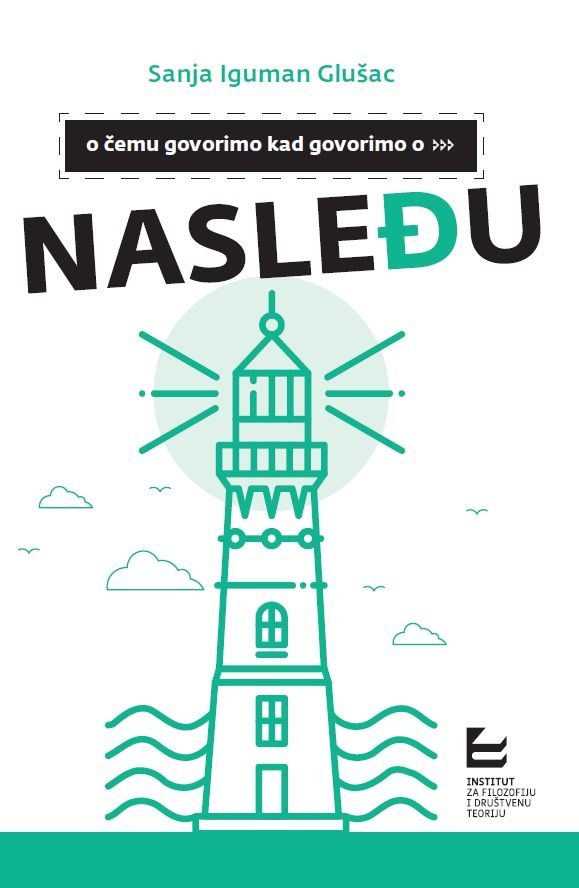
Today, for the umpteenth time in history, natural and cultural heritage are facing existential challenges across the planet, such as climate change, rapid and radical urbanization, conversion from analog to digital, political instability, armed conflicts, the strengthening of the right-wing and populist narrative. . In the context of post-truth, subjective narratives often replace objective facts, significantly affecting the understanding and therefore the preservation of heritage. This selective interpretation of heritage is reflected through contemporary ideological or political agendas, which often disregard historical accuracy. All this is especially facilitated in the digital age in which we live, because misinformation spreads quickly and information is easily manipulated. In the book "What are we talking about when we talk about heritage", the author Sanja Iguman Glušac insists that exclusive, conservative, static and apolitical approaches to heritage are not up to such growing challenges because they cannot follow the fluidity, complexity and dynamism of heritage in today's world. Analyzing contemporary (critical) theories of heritage through illustrated examples, she shows that heritage is at its core political and dissonant, and that accepting this fact is the first step towards democratic, open and flexible use and management of heritage.
More...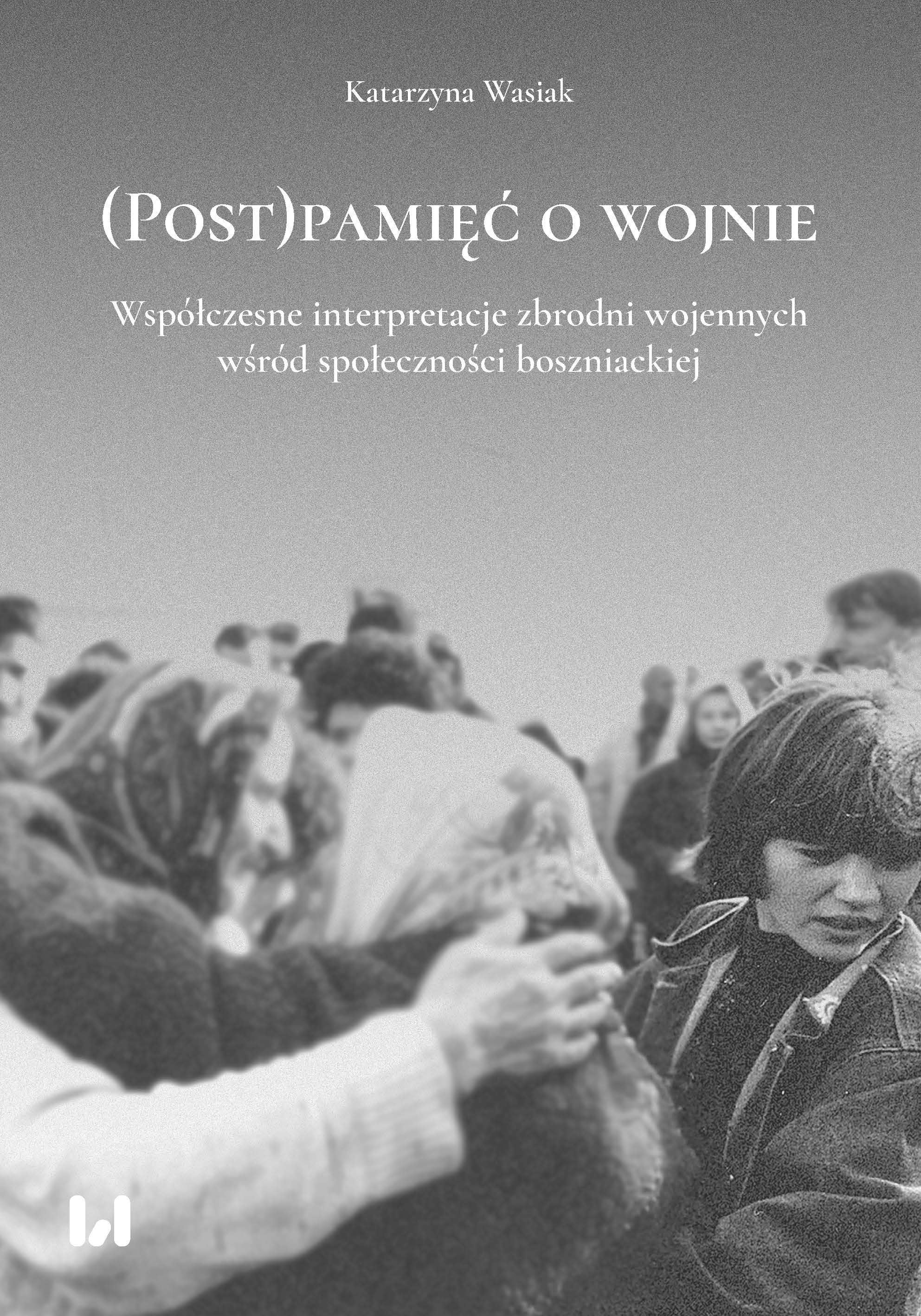
The late 1980s and early 1990s were a period of reinterpretation and reconstruction of ethnic and national identities for the countries of the former Yugoslavia. After the breakup of the South Slavic state, its inhabitants faced many challenges, as they not only had to find themselves in an entirely new reality but were also obliged to declaratively define who they were. Nationalists, who manifested chauvinistic slogans in public space, came to the fore. Social disorientation in the emerging reality fostered segregationist thinking, leading to the division of the united state and the delineation of who were the “own” and who were the “others”.The main research problem in this dissertation is the contemporary interpretations of war crimes committed in Bosnia and Herzegovina during the war from 1992 to 1995. This analysis is a case study of the Bosniak community (Bosnian Muslims) – specifically the second generation, individuals born after the conflict. The aim of the analysis was to examine how the memory of the war influences contemporary ethnic relations in Bosnia and Herzegovina. The author, having observed the practices of nationalism in this small country for several years, especially among the Bosniak community, and being influenced by the concept of postmemory, aimed to investigate how inherited memory affects the shaping of contemporary interethnic relations in this country, where, importantly, the role of the second generation is currently observed to be increasing.
More...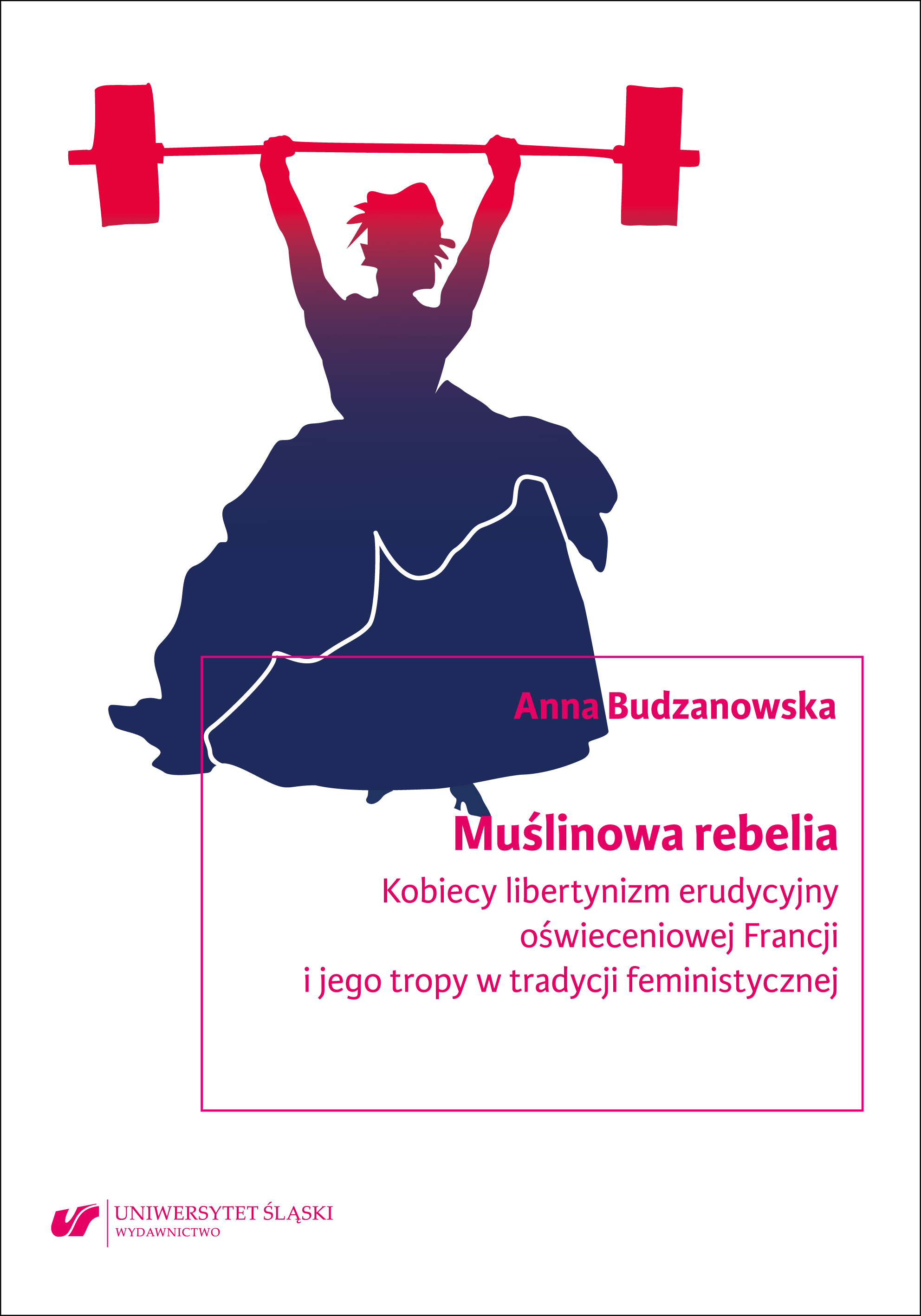
Eighteenth-century France was an era of intense social and intellectual upheaval. Courtly culture, characterised by ceremony and elegance, collided with the spontaneous emergence of philosophical currents that challenged the existing political and religious authorities. It was a time when the idea of liberty became a central topic of discussion, and women, particularly those who created the phenomenon of libertinage érudit, began to play a significant role in the development of new theories. The book analyses the long-underestimated theories of French women freethinkers and represents an original contribution to the libertinage érudit. The reflections of these intellectuals are still relevant today for discussions on the role of the state in shaping the status and rights of women in society. Their critical perspective on the Catholic church, religion, the public sphere and education is one of the lesser-known aspects, but it was an essential source for the emancipatory demands that emerged during the Revolution of 1789 and formed the intellectual legacy for later well-founded waves of French feminism. This book makes an important contribution to understanding the intellectual foundations of emancipation and the important role that women played in formulating theories of liberty and equality in Enlightenment France.
More...